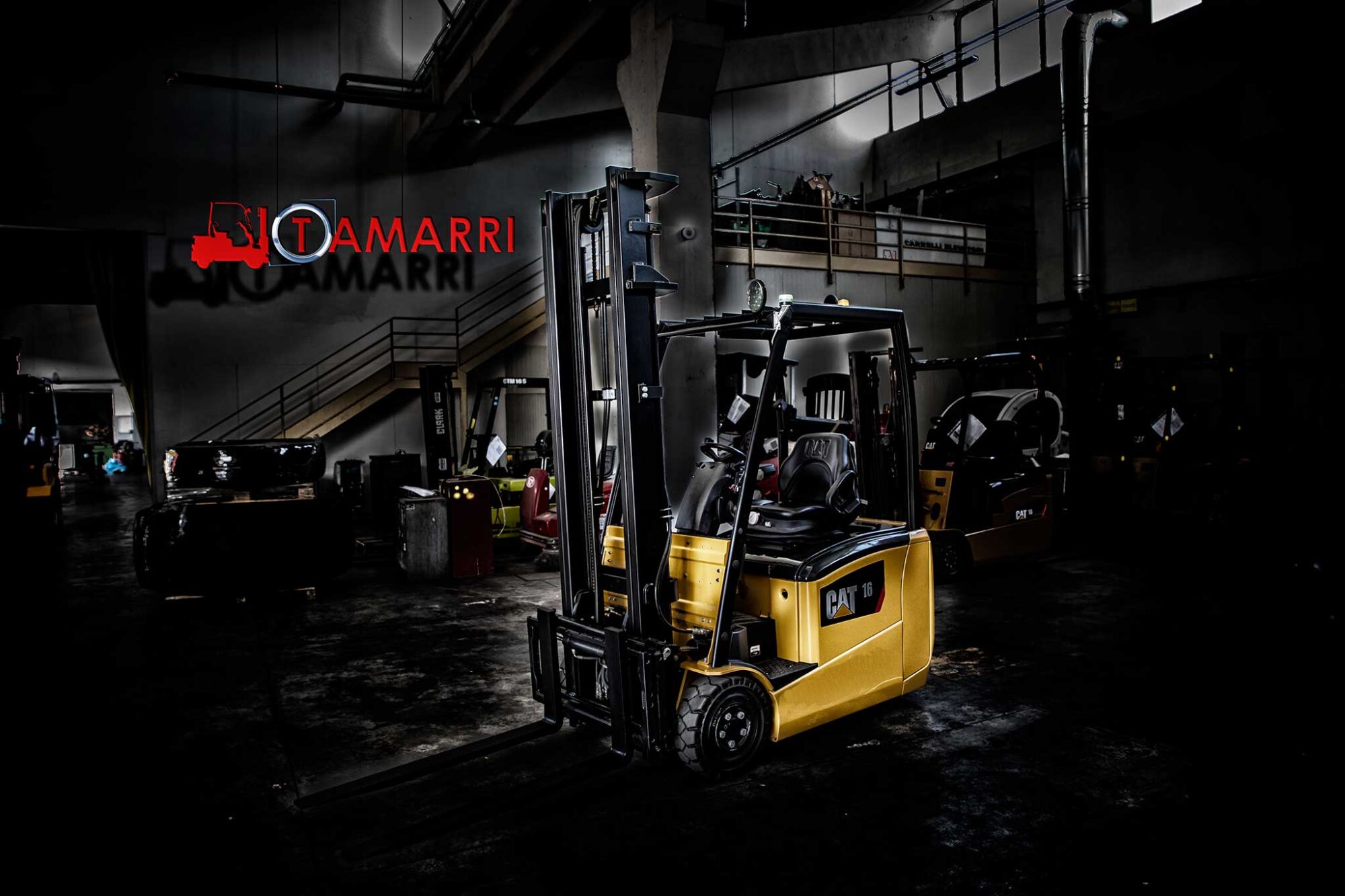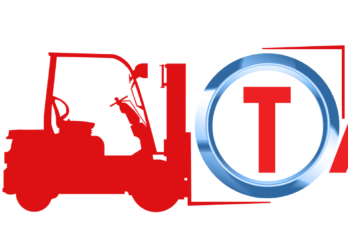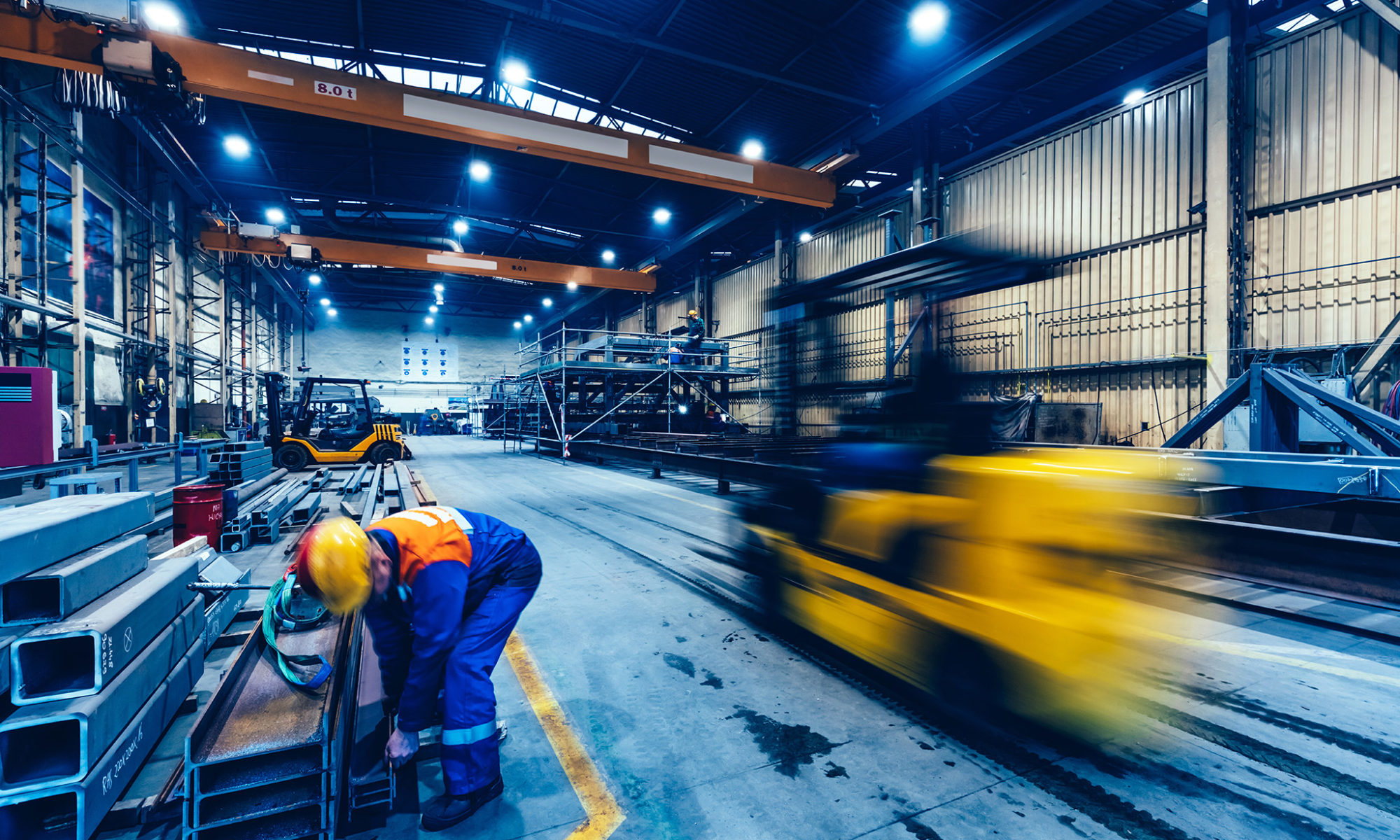The forklift truck market reaches new heights thanks to productivity, efficiency and a high-quality labour force. The Top 20 suppliers in 2019.
The forklift market, a surprising new launch in 2019
Focused on improving productivity, efficiency and using a quality workforce in warehouses, companies promote the forklift truck market by continuing to invest in both diesel and electric vehicles.
After hitting the record in 2017, the forklift truck market in North America exceeded once again last year. In fact, more than a quarter of a million new units were sold. According to the Industrial Truck Association (ITA), this represented a 2.8% increase compared to 2017, with a steady growth observed in most forklift truck classes.
The ITA says that forklift truck sales at the end of the year totalled 260,180 units, with sales of diesel and electric trucks growing at similar rates (annual increases were 2.8% and 2.7% respectively).
Overall, the electrical products represented around 64% of the market last year. In particular, the industrial forklift truck sector contributed with more than $ 25 billion a year to the GDP of the United States. Canada and Mexico remain the two largest export countries for US forklift truck manufacturers.
Together with their North American counterparts, forklift truck manufacturers from other areas of the world also experienced significant sales growth last year.

In 2019 the major manufacturers maintained their prestigious position in the ranking.
The 2019 ranking shows that the biggest brands have maintained their positions compared to previous years.
- Toyota
- KION
- Jungheinrich
- Mitsubishi
- Crown Equipment
Indeed, each of the companies in the Top 5 has seen an increase of over 5% compared to last year’s numbers. Today’s leaders, especially Toyota and KION, continue to expand further, which even exceeds that of industrial trucks.

Scott Johnson, president of the board of directors of ITA and vice president of marketing and sales of the Clark Material Handling Company (Number 10 on this year’s list), attributes to a “very healthy” sector the function of supporting the growth of logistics activities and of the related manufacturers.
“As an industry, we are the architects of several years of continuous growth that has allowed manufacturers to invest in their structures and production processes,” he says. “Today everyone is really making products of the highest level.”
The main classes of ITA forklift trucks
The Industrial Truck Association has defined seven classes of forklift trucks according to the type of engine, the working environment, the position of the operator and the characteristics of the equipment.
This is the ranking of the Top 20 suppliers of industrial forklift trucks.
The forklift truck industry has achieved its goal, but that does not mean that the manufacturers who operate them rest on their laurels. Knowing the constraints that end users must adhere to in the current e-commerce / omni-channel distribution environment, these companies are constantly looking for new ways to help them work in a more intelligent way, more efficiently and more securely.

“As a group of manufacturers, we constantly find strategies to improve the way we make our vehicles and the safety features we follow,” says Johnson. “I am very proud of my colleagues in this regard.
“As the e-commerce continues to expand, Johnson says forklift truck manufacturers are considering new demands for class 3 vehicles (electric motor hand) and other vehicles that support storage environments at high speed.
“E-commerce is a real factor in some of the activities we are doing now,” says Johnson, “and is really fuelling the strong sales of the industry.
“Cumulatively, Johnson says that ITA is seeing very high performance in all forklift truck classes, which also include electric trucks (classes 1 and 2) and diesel trucks (classes 4 and 5). He adds that the market is increasingly turning to electrically powered vehicles, a phenomenon that is expanding forklift truck sales as a whole and is also wearing away part of the “traditional IC bandwidth”.

“When the performance characteristics of an electric truck are equal to or greater than those of an IC truck, it is a real turning point,” says Johnson.
This means a drastic shift from the historical perception that a traditional internal / external DC application requires an IC or diesel truck. “That’s not the case today,” says Johnson. “There are now electric trucks that can handle operations and perform a function equivalent to IC counterbalanced trucks. This has really changed the dynamics of the market.”
A safe operator is a trained operator
Wearing his ITA hat and looking around within the current market, Johnson identifies a large number of lithium-ion electric forklift truck options, multi-shift and zero emissions. “These are all enticing qualities for many of today’s buyers,” says Johnson.
We too, with him, look to a prosperous and innovative present and future for the forklift truck sector. A real boost of energy in the field of entrepreneurship with the investments this entails.



